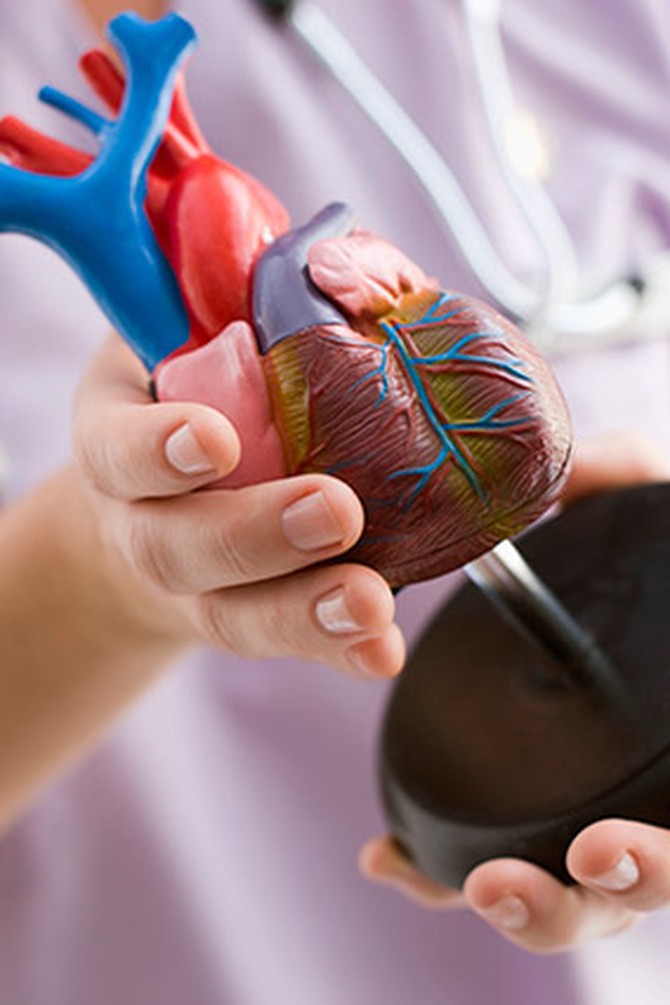Dr. Oz-Approved Medical Websites
Physicians regularly look up your symptoms using the same tools you do. The difference is that they know how to sort through the misinformation.
By Dr. Mehmet Oz

Photos: Thinkstock
Medline Plus, From the National Institutes of Health
A great place to learn about disorders, parts of the body and various diagnostic and medical procedures. There's also an extensive section on prescription drugs, herbs, and supplements.
NLM.NIH.gov/MedlinePlus
NLM.NIH.gov/MedlinePlus

Photos: Thinkstock
Sharecare
All you have to do is ask a question, and a panel of medical experts give you the answers. You can also check out the topic pages to learn more about things like fitness, weight loss, healthy eating, diabetes, HPV and more.
Sharecare.com
Sharecare.com

Photos: Thinkstock
Mayo Clinic
A great overview of common and rare diseases, with symptoms, causes and treatments—including lifestyle suggestions and alternative treatments.
MayoClinic.com/Health-Information
MayoClinic.com/Health-Information

Photos: Thinkstock
National Institute of Mental Health
Every doctor, especially non-psychiatrists, needs this to brush up on mental illnesses and review the latest treatments.
NIMH.NIH.gov/Health/Index.shtml
NIMH.NIH.gov/Health/Index.shtml

Photos: Thinkstock
CDC - Traveler's Health
When traveling, what do you need to do to prepare? What shots do you need? Doctors depend on this website whenever patients ask these questions. It includes up-to-date information about how to prepare for different parts of the world.
CDC.gov/Travel
CDC.gov/Travel

Photos: Thinkstock
Ready.gov
This is a great place to find out about how to prepare for natural disasters and emergencies. All medical professionals, not just emergency room docs, must know about emergency procedures.
Ready.gov
Ready.gov

Photos: Thinkstock
InnerBody
Even doctors have to relearn their anatomy from time to time. This website is a great place to explore different anatomical maps of the human body and diagrams of important organs like the brain or the heart.
InnerBody.com
Next: 7 mistakes we all make before a doctor's appointment
InnerBody.com
Next: 7 mistakes we all make before a doctor's appointment
Published 06/19/2013
As a reminder, always consult your doctor for medical advice and treatment before starting any program.

